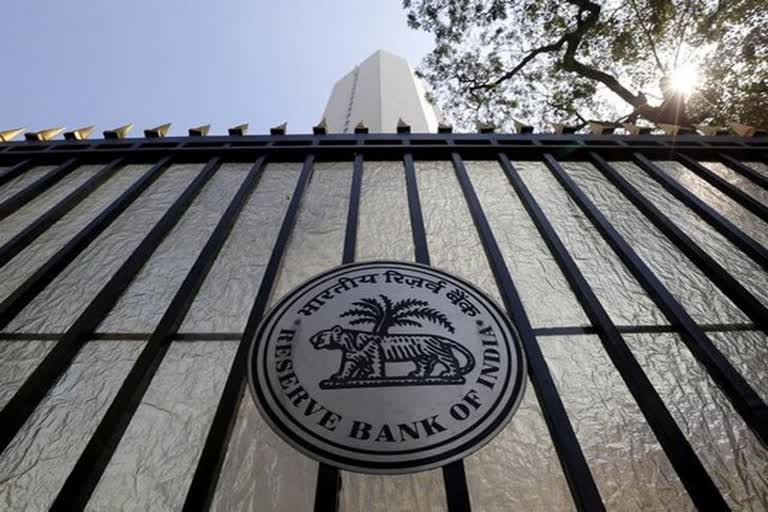New Delhi: The high-level panel, headed by former RBI Governor Bimal Jalan, will submit its report on the norms for deciding on appropriate reserves to be maintained by the central bank and the transfer of surplus to the government by the middle of the month, sources said.
The panel has not sought any extension and they are giving last minute touches to the report, so it is expected that they will submit by April 15 which was the mandated time, Finance Ministry sources in the know of the matter said.
The Economic Capital Framework (ECF) has been entrusted with the task of assimilating the best practices followed by central banks worldwide in making assessment and provisions for risks which a central bank balance sheets are subject to.
Read more:Government can fund cash dole-outs with bonds or higher taxes: Report
This was a major bone of contention between the government and previous RBI Governor Urjit Patel. The Centre is pushing for limiting RBI's surplus reserves and is said to be asking for transfer of balance amount to it.
A Finance Ministry official had earlier said that the "global norm sets 14 per cent of the GDP to be kept in reserve by the central bank. The RBI instead has 27 per cent. And this is not driven by any decision or order. It's purely arbitrary. There has to be some norms on how much the RBI can keep".
The panel, which has former Economic Affairs Secretary Rakesh Mohan as its Vice Chairman, is expected to suggest a suitable profit distribution policy taking into account all the likely situations of the RBI, including the situation of holding more provisions than required.
The government and RBI under Patel were at cross-purposes over the Rs 9.6 lakh crore surplus capital with the central bank which led to the RBI board, in its meeting on November 19, 2018, deciding to constitute a panel to examine the Economic Capital Framework.
The committee also includes Economic Affairs Secretary Subhash Chandra Garg and two members of RBI board -- Bharat Doshi and Sudhir Mankad. RBI Deputy Governor N.S. Vishwanathan is the sixth member.In the past, the issue of the ideal size of RBI's reserves has been examined by three committees -- V Subrahmanyam (1997), Usha Thorat (2004) and Y H Malegam (2013).
While the Subrahmanyam committee recommended that contingency reserve should be built up to 12 per cent, the Thorat committee said the reserve adequacy should be maintained at 18 per cent of the total assets.
While the RBI board did not accept the views of the Thorat committee, it decided to go ahead with the recommendation of the Subrahmanyam panel. The Malegam committee recommended that ab adequate amount of profits should continue to be transferred each year to contingency reserves.



